
Ultimate Guide of How to Improve Prostate Health
The prostate is a small gland of the male reproductive system that aids with sperm but is commonly known for swelling and inflammation as men age. While the prostate can cause many problems for men over the age of 45, there are ways to help prevent this and maintain a healthy prostate.
What is the Prostate?
The prostate is a small gland below the bladder and wraps around the urethra. It is responsible for releasing prostatic fluid. This milky fluid is responsible for:
- It protects the sperm by adjusting the pH level to be more alkaline. This allows for more success during ejaculation and trying to fertilize the egg by allowing it to survive longer in the acidic environment of the vagina.
- It makes sperm more mobile. The fluid makes the sperm less viscous (runnier) and therefore able to move through it more freely. This again helps the sperm to be more successful when fertilizing an egg.
- Nourishes the sperm via enzymes. By giving the sperm the needed ingredients, it can be stronger and survive longer.
What is the Normal Size of the Prostate?
Normal size for the prostate is about the size of a walnut, or 30-34 millimeters or 1.2-1.3 inches in the adult male.
Who Might Get an Enlarged Prostate?
Having an enlarged prostate is common. Nearly 8 of 10 men will have an enlarged prostate. By the age of 85, it becomes 9 out of 10. While nearly all men will have an enlarged prostate, less than half will suffer or show symptoms. This depends on family history, age and health to the extent that you will have. There are ways to encourage a healthier prostate and a decrease in symptoms.

Risk Factors for Enlarged Prostate
- Obesity
- Age
- Family history of prostate disease
- Cancer
- Heart disease
- Diabetes
What is Prostatitis?
Prostatitis is an infection or swelling of the prostate. This is treatable with antibiotics and different from Benign Prostatic Hyperplasia (BPH).
- Prostatitis affects men from their teens into elderly ages.
- The symptoms include difficulty urinating, sexual difficulties, chills, and fever.
- Your doctor can perform a rectal exam, which is a finger being put into your rectum to feel the prostate for lumps, softness, and size.
- Having a catheter or anything inserted into your urethra causes an increased risk for infection
- Some STDs such as chlamydia or gonorrhea can cause similar symptoms
With antibiotics, the swelling and infection can be cured and has a great prognosis for patients. This is only for prostatitis and not enlargement from BPH, cancer or other causes.
Symptoms of Enlarged Prostate
The symptoms of an enlarged prostate revolve around urinary symptoms.
- Increased urination at night
- Sudden urge to urinate without a crescendo of urge
- Feeling as though you didn’t empty your bladder
- Starting and stopping or straining to keep a flow
There are prescriptions or supplements to ease the symptoms or to help slow the progression. These also come with lifestyle changes to improve the symptoms.
What is Benign Prostatic Hyperplasia?
Benign Prostatic Hyperplasia (BPH) is a frequent condition for men as they age. It is swelling of the prostate that is not caused by cancer or prostatitis and occurs naturally. The prostate can swell or grow as a man ages and cause urinary difficulties. Men with family history, diabetes, obesity, or heart disease are often found to be at a higher risk for developing BPH.

Cases of BPH are dependent on the individual and not by the size. Some may have BPH with little or no symptoms. Others have many difficulties without the size being a factor. Treatment plans will highly depend on the severity of your symptoms
Common symptoms of BPH:
- Increased urination at night
- Difficulties in the stream: maintaining, a weak flow, starting/stopping
- Increased frequency and urgency to urinate
- Feeling unable to empty the bladder
When Should I Talk to My Doctor?
BPH shares the symptoms of many common health concerns such as prostatitis, urinary tract infections, kidney stones, cancer and structural compromise of the urethra (from surgeries or medical procedures). Consult with your doctor to rule out reversible or life-threatening causes before assuming. Once a BPH diagnosis is obtained, then you can begin with a supplement and changes to help gain relief.
Your doctor will do a rectal exam in which a lubricated finger is placed into the rectum to feel for the prostate. They check the size, for lumps, firmness and any other abnormalities. Your doctor may also do a blood test for your PSA- prostate-specific antigens. These levels are found to be higher in men with enlarged prostates, BPH, prostatitis and prostate cancer. Your doctor will determine the level of testing based on the exam and may even do imaging or a biopsy if they are concerned about cancer risks.
Risks of Not Receiving Treatment
Failure to seek treatment could lead to worsening symptoms, UTIs, bladder/kidney damage, latent cancer diagnosis, kidney/bladder stones, and urine retention. It is critical to seek medical treatment and advice to rule out treatable causes.
Prostate Supplements
Over the counter supplements that contain zinc, ryegrass, beta-sitosterol (a type of plant sterol similar to human cholesterol), saw palmetto, pygeum, stinging nettle, lycopene, green tea, and pumpkin seeds are plants and minerals which are known to help reduce the size of your prostate. These ingredients contain plant components, plant cholesterols, herbs and minerals that have provided relief for men everywhere.
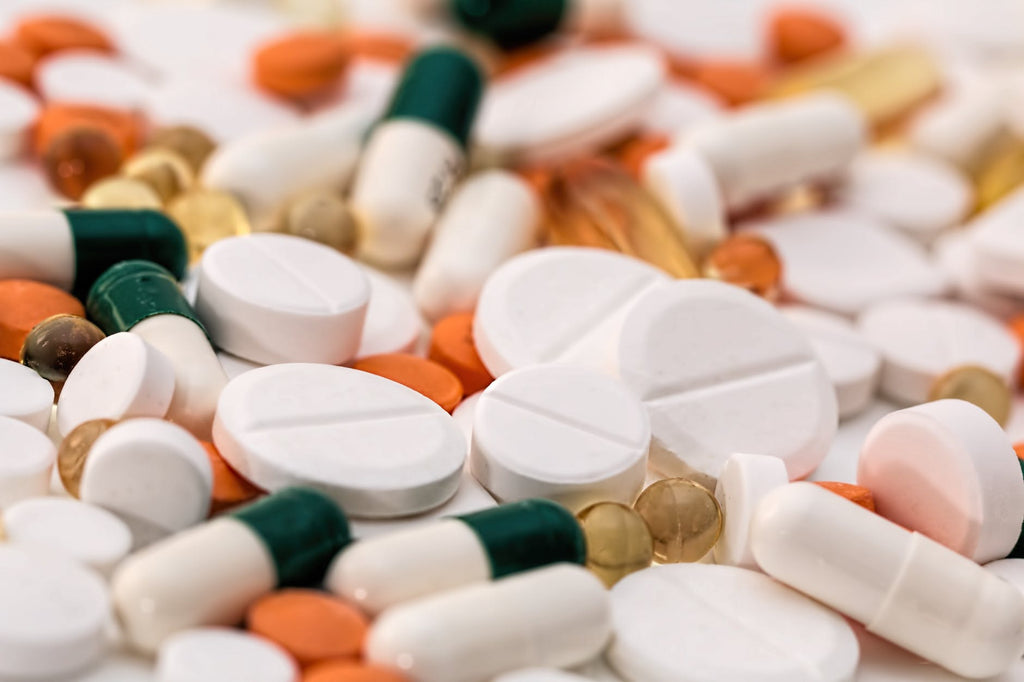
- New Roots: Prostate Perform - is a great combination of plant-based cholesterols that can help reduce the size of your prostate naturally. This vitamin contains many useful vitamins and minerals that have been shown to shrink the prostate. It also contains specialized ingredients to assist the prostate’s metabolism and boost its natural function.
- NFH Curcumin SAP - is a natural anti-inflammatory that is used for treatments in a variety of inflammatory diseases such as BPH, Crohn's, and autoimmune disorders. It can help to reduce swelling and inflammation of the prostate and relieve the symptoms.
- Metagenics Ultra Prostagen Concentrated - contains saw palmetto, stinging nettle, and lycopene that have a track record for easing BPH symptoms. Through these natural plant-based ingredients, it can help to shrink your prostate and ease the urinary symptoms that come with it.
- A. Vogel Sabalasan Prostate - features saw palmetto and a berry complex of fatty acids to ease the symptoms of BPH. This combination can help to reduce the prostate’s size that will ease the symptoms. This particular vitamin promotes sexual wellness and helps to ease the BPH symptoms that can cause dysfunction in the bedroom.
- CanPrev Prostate-Pro + Maca Support - boasts a veggie capsule that can help to encourage a healthy prostate. With the necessary ingredients to help reduce inflammation, antioxidants to boost the immune system and support healthy urinary health. These tablets can help to reduce your prostate size and increase the sexual performance of ejaculation.
- Natural Factors Ultimate Prostate Support - is a natural supplement with ingredients like saw palmetto, beta-sitosterol and more to promote prostate health. By shrinking the prostate, it can improve urinary symptoms that a man can experience and increase sexual performance. Fatty acids from fruits promote prostate metabolism and health. Each tablet is designed to help improve prostate health and decrease nighttime urination.
10 Ways to Keep Your Prostate Healthy
#1 Five Servings of Fruits and Vegetables
This allows for your body to receive the proper amount of nutrition and the plant-based cholesterols that can naturally reduce swelling and inflammation of the prostate. The fruits also contain fatty acids that promote prostate health.
#2 Whole-Grain Bread Instead of White Bread
Research suggests that whole grains help reduce the risks of prostate cancer. These grains have been shown in studies to reduce the risks and help treat the symptoms of prostate diseases.
#3 Limit Consumption of Red Meat
Men that ate more red meat were shown to have higher prostate-specific antigen (PSA) levels. Higher PSA levels are associated with prostate conditions and cancers. By limiting consumption, it can not only prevent but also treat a higher PSA level.
#4 Healthful Fats
Healthy fats in the form of natural oils and nuts are found to have higher levels of beta-sterols. These sterols help to reduce prostate inflammation and ease the associated symptoms. These may include olive oil, nuts (almonds, walnuts, pecans), and avocados.
#5 Avoid Sugar-Sweetened Drinks
Un-natural and processed sugars have been linked to multiple health concerns. One of these noted was prostate cancer. By reducing the intake of sugary drinks, you can lower your risks.
#6 Decrease Salt
A low sodium diet or reducing your salt intake is a great way to boost your heart health and your urinary health. By reducing the intake, you can help to promote your urinary health and improve your prostate health as well.
#7 Watch Portion Sizes
Obesity is a significant risk factor in developing BPH later in life. By maintaining a healthy weight and eating smaller portions, it contributes to a healthier lifestyle and prostate.
#8 Stay Active
Exercise is a great way to promote your heart health and improve your prostate’s health as well. Mild exercise has been shown to have countless health benefits, and the prostate is on that list. 30 minutes a day can change your life and improve your health in more ways than one.
#9 Take Supplements
Many studies have found natural remedies that can ease the symptoms of BPH. By taking supplements with plant sterols, fruit fatty acids saw palmetto, pumpkin seeds, etc. you can reduce the size of your prostate and improve the symptoms.
#10 Reduce Stress
Stress is a contributor to many health conditions. By decreasing stress levels daily, you can improve multiple areas of your health.
Frequently Asked Questions About Prostate Health
We asked the internet! What are the most common questions associated with prostate health? Below you will find the questions that others are asking and how we answered them. Hope this helps!
Food and Drinks
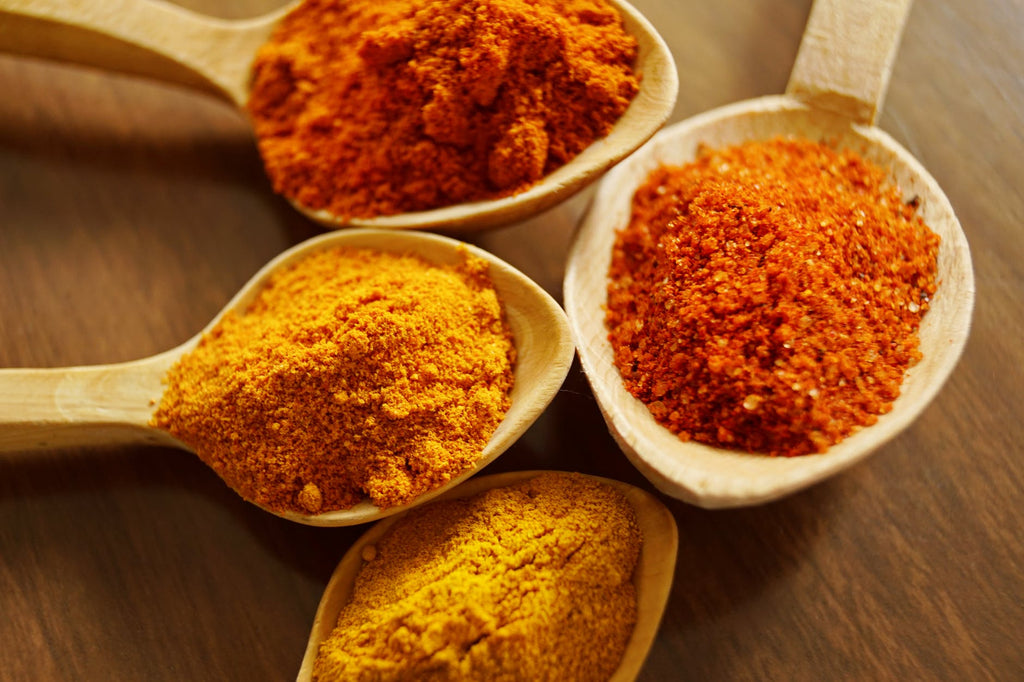
Can Turmeric Shrink the prostate?
Turmeric has many different components that make it a great anti-inflammatory. It has been shown to reduce the size and swelling of the prostate from its antioxidants.
How much turmeric do I take?
Many supplements start at a 500 mg dose and can go up to 2,000 mg. You should read your bottle carefully for the recommendation that the manufacturer suggests.
Are turmeric capsules healthy?
Turmeric is healthy! It is a naturally occurring spice that is used in many foods. Indian culture and foods revolve heavily around turmeric use.
What is the best way to use turmeric?
Turmeric can be taken as a pill or capsule. For those that like the tastes, this can also be added directly to your foods to add a little spice.
Does turmeric help sexually?
Turmeric is a great anti-inflammatory and full of antioxidants. Because of this, it has been shown to help decrease swelling around the prostate. This has shown relief for sexual dysfunction for some men that suffer from symptoms of prostate enlargement.
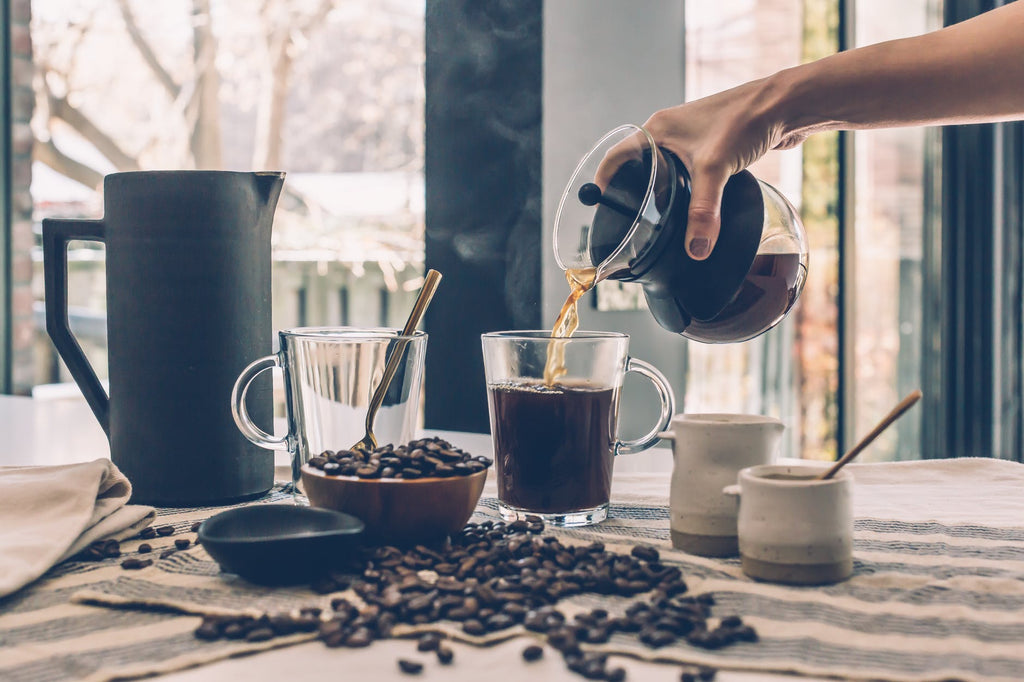
Is Coffee Good for your prostate?
Coffee is high in caffeine. In studies, where there was increased intake of caffeine it was noted that there was a 72% higher instance of incontinence. Caffeine is an irritant to the bladder and can worsen prostate symptoms.
Does coffee make your prostate swell?
Because of the higher caffeine content in coffee, it can irritate your bladder and prostate. There has been no study to directly link coffee to prostate swelling, but by irritating the bladder and causing frequent urination, it can worsen symptoms.
Does coffee affect the prostate?
Coffee has high contents of caffeine that can irritate the bladder. It causes more frequent urination, and thus irritates the prostate. Many men report a worsening of symptoms with increased caffeine intake.
Does caffeine affect urine flow?
Caffeine doesn't affect urine flow. It irritates the bladder by making the drinker have more frequent trips to the bathroom. By doing this, it can irritate the prostate through which does affect the flow.
Is tea good for the prostate?
Tea is GREAT for the prostate. Non-Caffeinated or green tea is beneficial because they help with antioxidants and anti-inflammatories naturally. Many men report an improvement of their symptoms for BPH along with the added benefits of lowered cholesterol, improved memory and mood.
What is the best thing to drink for your prostate?
Tea, green or noncaffeinated, or water are the best drinks for your prostate. Water promotes hydration and allows you to have multiple health benefits. If you’re not a fan of water, tea is the next best thing because of the natural effects of reducing swelling.

Is peanut butter good for the prostate?
Peanut butter is good for the prostate when it doesn’t contain added sugars or is heavily salted. Peanuts are high in zinc and also promote brain and heart health along with shrinking your prostate naturally.
What nuts are good for the prostate?
Brazil, walnut, pecan, almond, and peanuts are great for the prostate. They are high in zinc which has been shown to help naturally shrink a prostate. They are also high in vitamin E, calcium and selenium. There have even been studies that claim that eating nuts decrease your risks for prostate cancer.
Are walnuts good for the prostate?
Yes, walnuts are good for the prostate. These nuts are high in zinc that has been shown to shrink the prostate naturally. Make sure to choose a walnut or variety pack that isn’t full of added sugars, processed or excessively salted.
Are peanuts bad for the prostate?
NO! Peanuts are good for the prostate. Peanuts are high in zinc, vitamins and other minerals that have been shown to shrink the prostate. Just be sure to select one that isn’t heavily salted or processed, as these can strip the nut of its natural health effects.
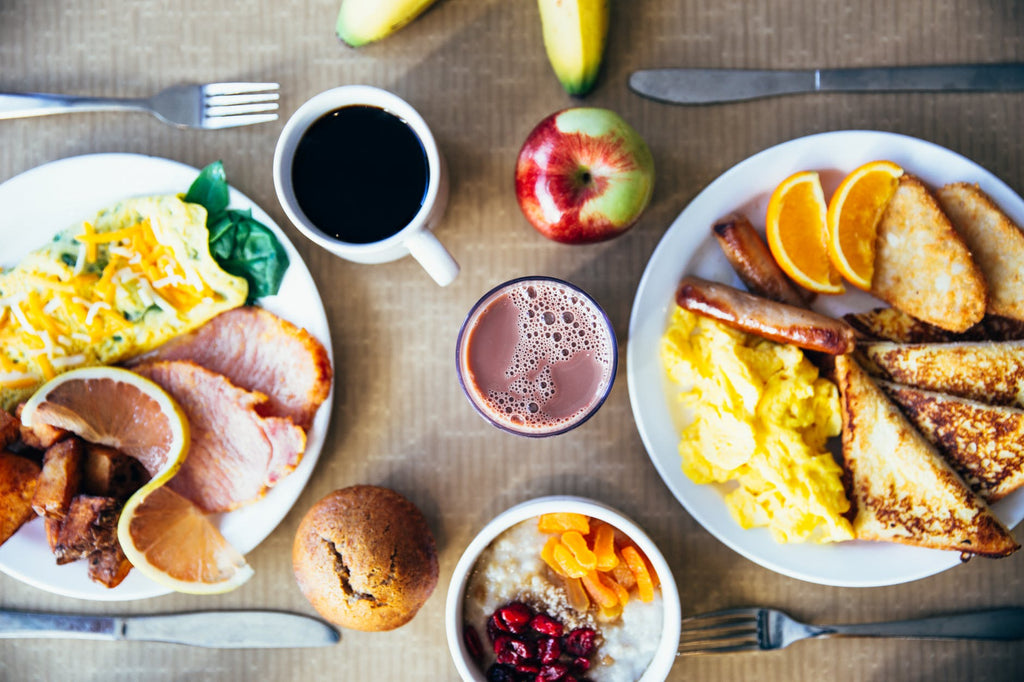
Is yogurt good for the prostate?
Yogurt is not good for the prostate. Dairy products, like yogurt, have shown to be linked to higher risks for BPH and more aggressive prostate cancers.
Is milk good for the prostate?
Milk is not good for your prostate. Milk has hormones and fat levels have been studied due to increased links for BPH and aggressive prostate cancers. Switching to soy, nut or alternative milk can reduce the risks for developing prostate diseases.
Is dairy bad for the prostate?
Dairy is bad for the prostate. Studies have shown that men that drink more milk or eat dairy have higher chances of developing BPH or prostate cancers. Reduce dairy intake or switch to alternatives to lower your risks.
Are eggs good for the prostate?
Eggs are bad for the prostate. Men that ate more eggs than others were found to have higher risks, 81%, for developing prostate cancer later in life. Eating in moderation or less can help reduce your risks.
What food hurts your prostate?
Eating a diet that is high in red meat/processed, dairy, sodium, or caffeine has been shown to have higher instances of prostate disease. By limiting consumption, you can lead a healthier life for yourself and your prostate.

Is beer bad for the prostate?
Beer isn’t bad for the prostate, but it can worsen symptoms of an enlarged prostate. Alcohol, in general, can worsen the symptoms of BPH. It stimulates urine production that can irritate the prostate and bladder.
Does alcohol affect the prostate?
Alcohol affects the prostate by irritating it and your bladder. There is no direct link or study to show where alcohol is bad for your prostate, but surveys of patients that did not drink reported fewer symptoms.
Is red wine good for the prostate?
Red wine is great for your prostate. It can even lower your risks for prostate cancer. Red wine is also good for heart health, lower cholesterol and brain health when drinking a glass a day. When in moderation, it can be a useful alternative to other drinks for your prostate, overall and mental health.
Can alcoholism cause prostate cancer?
There is no study or evidence to show that alcoholism causes prostate cancer. Alcohol irritates the prostate and can worsen symptoms of an enlarged prostate. No direct link or study is showing where it has caused the diseases though.
Can you drink alcohol after a prostate biopsy?
You should not drink after a prostate biopsy because of the antibiotics usually given. Alcohol interacts with many antibiotics and can cause them to be less effective.
Can I drink during radiotherapy?
You can drink while receiving radiotherapy. You should speak with your doctor though, and let them know so they can let you know if any of your medications interact with the beverage.

Is pineapple good for the prostate?
Pineapple is high in antioxidants and is great for your prostate. They help reduce swelling, contain other vitamins and minerals your body needs and helps to promote a healthier lifestyle.
Is pumpkin good for the prostate
Pumpkin, especially the seeds, are GREAT for your prostate. Many supplements contain the active ingredient in pumpkin, Cucurbita pepo aka pumpkin seed. It contains a beta-sitosterol that is natural plant cholesterol. This has been shown through multiple studies to naturally shrink the prostate and thus decrease symptoms.
Is cauliflower good for the prostate?
Cauliflower is good for your prostate because of the high amounts of antioxidants, anti-inflammatory, and sulforaphane. These components make it great for naturally shrinking your enlarged prostate and improving your symptoms.
Is spinach good for the prostate?
Spinach is good for the prostate because it has high amounts of vitamins, minerals, sulforaphane, and anti-inflammatories to decrease the swelling and improve your symptoms.
Are tomatoes good for an enlarged prostate?
Tomatoes are great for your prostate, especially if it is enlarged. Lycopene is found naturally in high amounts and is an active ingredient in many prostate health supplements. It helps to lower the swelling, is high in antioxidants and can slow the progression of BPH.
Is garlic good for the prostate?
Garlic is good for the prostate. Vegetables that are high in antioxidants and have natural anti-inflammatories work to decrease swelling of the prostate.
Is ginger good for the prostate?
Ginger is good for the prostate because it is an anti-inflammatory and works to decrease swelling of the prostate. It is also high in Vitamins A, C, E and zinc which all promote prostate health.
Are onions good for the prostate?
Onions are good for the prostate. They contain natural anti-inflammatories and antioxidants to work with your immune system to decrease swelling and promote prostate health.
Is cranberry juice good for the prostate?
Cranberry juice is good for your prostate. It promotes urinary health. Men that have enlarged prostates are at increased risks for UTIs. Drinking cranberry juice supports your kidneys, bladder and can help your prostate from becoming irritated.
Is dark chocolate good for the prostate?
Is dark chocolate good for the prostate? YES! Dark chocolate with a cacao content of 70% has been shown to promote brain, heart, and prostate health.
Sexual Health

Does an enlarged prostate affect a man sexually?
Having an enlarged prostate can affect you sexually. Men that suffer from BPH are more likely to develop ED- erectile dysfunction. By having an enlarged prostate, it can make it more difficult to obtain an erection or to ejaculate.
What causes poor erection?
There are many causes as to having poor erection such as poor blood flow to the penis, anxiety, depression, high blood pressure or diabetes.
Can celibacy cause prostate cancer?
Research is still being conducted to show whether sex helps or hurts cancer risks. Some believe that regular ejaculation will clear out the prostate and keep a healthy flow while others believe that the hormone differences cause an increase in risks. The studies are still being conducted.

How often do 60-year-olds make love?
Surveys show that men over the age of 60 still make love at least once a week. Older men can still be active with men aged 76-80 reporting that 25% were still having sex at least once per week.
Can an 80-year-old man be sexually active?
Yes, a man at any age can have an erection. Nearly 1 in 4 men over aged 80 reports having sex at least once per week.
What age does a man stop getting hard?
Age 50 shows a large change in erections for males. At 50, many males find it more difficult and it takes longer to obtain an erection. It is still completely possible to maintain a healthy sex life with the use of new techniques, medications, patience, and manual manipulation.
At what age does a man stop being sexually active?
There is no set age when a man can stop being sexually active. Men can be active for as long as they feel able. While BPH can cause difficulties in sex it doesn’t always.
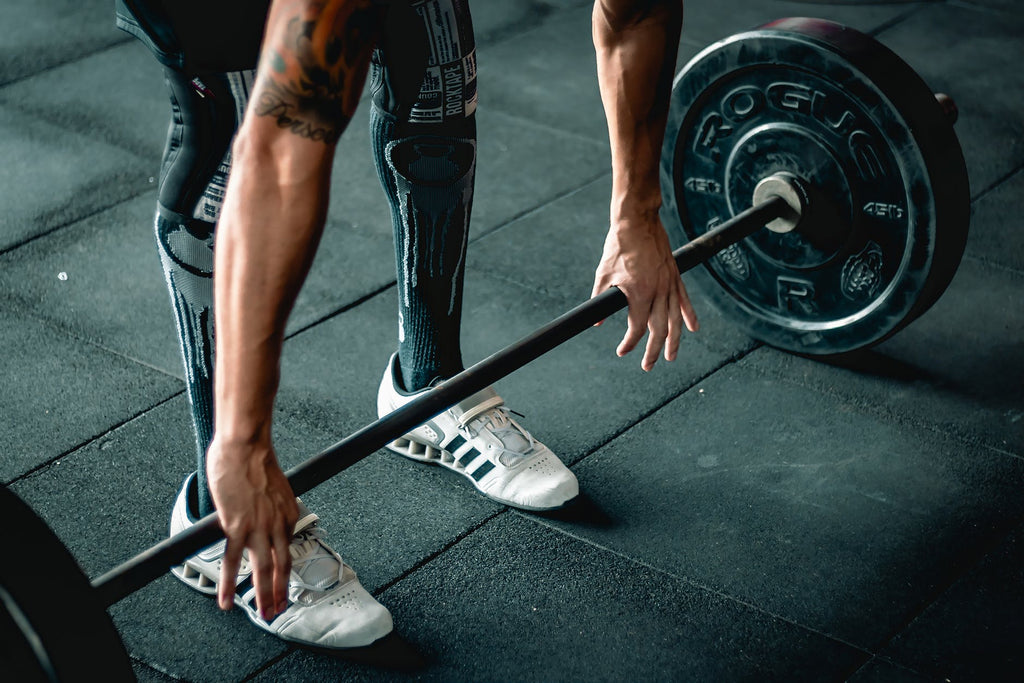
Is exercise good for the prostate?
Exercise is good for nearly every element of health including the prostate. Studies showed where men who walked 3 times per week were found to have less prostatitis pain.
Is walking good for your prostate?
Walking is good for your prostate. Studies have shown that men that walk briskly 3 times per week in 30-minute sessions were found to have less pain and a 61% decrease in chances for developing prostate cancer compared to men that did not walk.
What exercise is good for the prostate?
Any exercise is good for the prostate. Walking, Kegels, jogging, swimming, and even tennis can help.

What is the main cause of prostate enlargement?
The main cause of prostate enlargement is unknown. The prostate grows through a man’s life. It doesn’t begin to affect their quality of life until after age 50. The cause of the continued growth is unknown although there are theories that are linked to testosterone levels and changes in the cells as a man ages.
How can I shrink my prostate naturally?
Different supplements that are high in minerals such as saw palmetto, zinc, stinging nettle, ryegrass, beta-sitosterol, pygeum, lycopene, green tea and pumpkin seed (Cucurbita pepo) have shown promise in naturally shrinking the prostate. The different plant sterols, antioxidants, and minerals have been able to remedy the growth at home without the need for more invasive techniques.
What shrinks the prostate?
There are supplements to help shrink the prostate. Ingredients that are high in zinc, lycopene, and pygeum are examples of great natural ingredients to help shrink the prostate.
Does the prostate keep growing?
Yes, the prostate continues to grow throughout a man’s life. It isn’t specifically known why it continues to grow.
Why does the prostate swell at night?
The prostate swells at night due to the increased urine in the bladder and the inability to hold it. Nocturia, urinating several times throughout the night, is caused by BPH. While it is unknown for the exact cause, it is thought to be due to the bladder being unable to hold the urine for an extended duration at night.
Health of Prostate
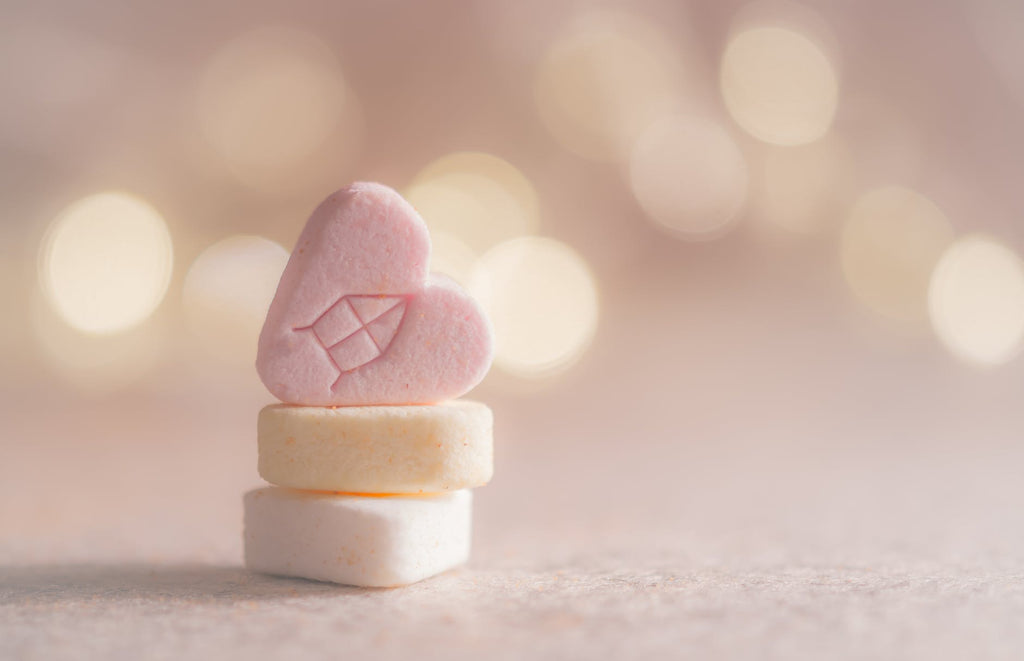
What vitamins are good for your prostate?
Many vitamins are good for the prostate such as zinc, ryegrass, saw palmetto, lycopene, pumpkin seed, beta-sitosterol or pygeum in combination are great examples of supplements and ingredients to help your prostate.
What is the best over the counter prostate medicine?
The best over the counter prostate medicine works with natural ingredients to help shrink the prostate by reducing inflammation.
What is the best vitamin for the prostate?
Many reports that taking supplements containing zinc, lycopene, saw palmetto and pumpkin seeds are great for helping with their prostate symptoms.
Is Vitamin D good for the prostate?
Vitamin D is good for the prostate. It has been shown to work with the immune system and decrease the risks of prostate cancer.
What is the best home remedy for an enlarged prostate?
Natural remedies for a large prostate should contain higher concentrations of herbs with anti-inflammatories and antioxidants to help with swelling and symptoms.
Keeping a Healthy Prostate

What is the normal weight of the prostate at the age of 60?
The normal weight of the prostate is 20-30 grams at the age of 20-30. When an autopsy was performed at the age of 60, it was found to weigh 30-36 grams. The increase is from the natural growth of the prostate as a man ages.
Why is the prostate gland so important?
The prostate works by secreting a milky fluid that lubricates, nourishes, and protects the sperm so it can be more successful in fertilizing an egg. Without these fluids from the prostate, the sperm would be very unlikely to fertilize an egg and therefore make procreation more difficult.
Can the prostate affect bowel movements?
The prostate does not affect bowel movements unless during radiation therapy to the prostate the bowel wall becomes swollen as a result of the radiation.
How can I calm my prostate?
Natural supplements, a healthy lifestyle and proper hydration can help to calm a prostate.
Can urine enter the prostate?
Urine cannot enter the prostate. The prostate is wrapped around the urethra to excrete its fluids, but urine does not pass through the prostate directly, only past it.
What is the fastest way to cure prostatitis?
Antibiotics are the fastest way to cure prostatitis but natural supplements can help to ease the symptoms until the infection passes.
Can an enlarged prostate be cured?
While the enlargement of the prostate can not be cured, it can be treated with medication and vitamins. Lifestyle changes have also been shown to help reduce symptoms.
How does the prostate gland work?
The prostate is a small walnut-sized gland that wraps around the urethra (urine does not pass through the prostate). The prostate works by secreting a milky fluid that lubricates, nourishes and protects the sperm so it can be more successful in fertilizing an egg. Without these fluids from the prostate, the sperm would be very unlikely to fertilize an egg and therefore make procreation more difficult.
The prostate also secretes an enzyme that can help be an indicator of the prostate disease called PSA- prostate-specific antigen. When the prostate ages, and grows, it can constrict and since it is wrapped around the urethra it can make it difficult for a man to urinate.
How can I improve my prostate health?
To improve prostate health, there are lifestyle changes, supplements, and medications that can help ease the symptoms that are associated with BPH. In doing this, it can help you to urinate, increase your urine flow naturally, lower your PSA, and help to shrink the prostate.
How do I keep my prostate healthy?
There are many suggestions to help with an enlarged prostate. They involve exercise, drinking tea, cutting back caffeine, taking supplements, reducing stress, and talking with your doctor about the best plan for your health. There are prescription medications that can help to ease the symptoms.
How can I increase my urine flow naturally?
By decreasing swelling and inflammation of the prostate, it can help to improve urine flow naturally. Being properly hydrated and leading a healthy lifestyle can also help.
Does aspirin shrink the prostate?
Taking aspirin or a supplement has been shown to shrink the prostate by reducing inflammation and promoting better prostate health.
How can you lower your PSA?
You can lower your PSA by increasing your overall prostate health. By decreasing the swelling and inflammation, the enzyme PSA can be decreased as well.
Tell Us About You!
We want to hear what works for you? Did any of these supplements help to make you BPH more manageable? Are there any lifestyle changes that made it easier for you? Tell us your story or what you think in the comments below!
